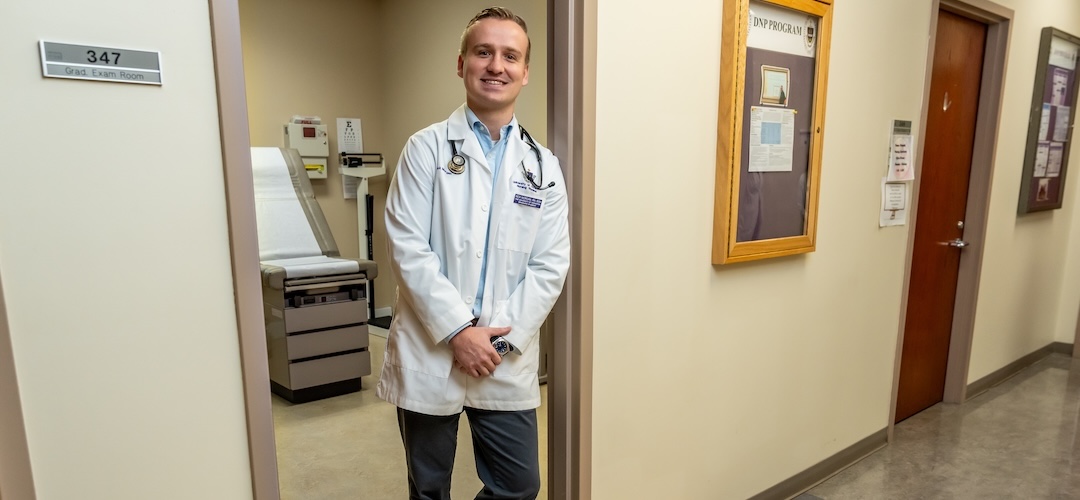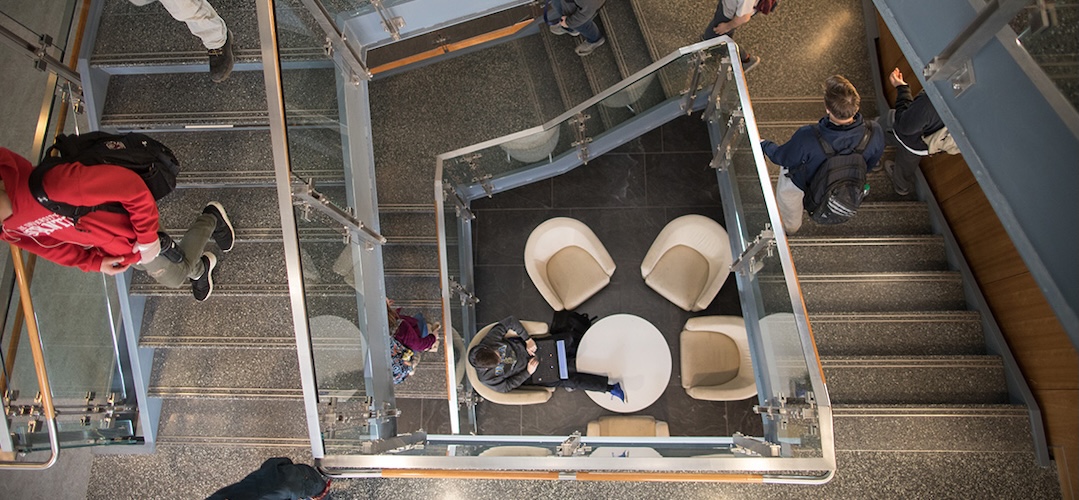Becoming a Family Nurse Practitioner: Education, Certification and Licensure Explained

This guide will walk you through how to become a family nurse practitioner, covering FNP certification steps, family nurse practitioner education requirements and everything in between -- from clinical training to state licensure.
What is the Role of a Family Nurse Practitioner?
A family nurse practitioner is an advanced practice registered nurse (APRN) who provides comprehensive healthcare to patients across the lifespan, from newborns to older adults.
FNPs are prepared to diagnose and treat acute and chronic conditions, order and interpret diagnostic tests, prescribe medications and emphasize health promotion and disease prevention. Their scope of practice standards vary by state. In many areas, FNPs may practice independently or in collaboration with physicians.
Family nurse practitioners often work in primary care settings, community health clinics, private practices and telehealth services, serving as key healthcare providers for families and individuals.
What Education is Required to Become an FNP?
The path to a career as an FNP starts with earning the right credentials. Family nurse practitioner education requirements include:
- A Bachelor of Science in Nursing (BSN): All graduate programs require applicants to hold a BSN and an active RN license.
- A Master of Science in Nursing or Doctor of Nursing Practice: These programs are designed to prepare nurses for advanced clinical roles. MSN programs typically take 2-3 years, while DNPs may take longer.
Registered nurses who already have general Master of Science in Nursing – or an MSN in another specialty – can earn a Post-Master’s FNP Certificate to gain the knowledge and skills needed to work as family nurse practitioners.
The University of Scranton offers a 36-credit FNP online master’s program and a 27-credit post-master’s FNP certificate.
What Will You Study in an MSN-FNP Program?
An MSN nurse practitioner program blends theoretical knowledge with clinical practice. In addition to FNP specialty courses, core curriculum areas typically include:- Advanced pathophysiology, pharmacology, and clinical assessment
- Family health promotion
- Population health and epidemiology
- Evidence-based practice and nursing research
- Health policy and leadership
Elevate Your Expertise
Unlock new opportunities and expand your skills with an education designed for your future. Get started today!
Request InformationWhat Are the Clinical Requirements for FNP Training?
One of the key family nurse practitioner education requirements is the completion of supervised clinical hours. The clinical hour requirements for FNP programs are typically 750 hours of direct patient care (depending on the program and state guidelines).Clinical placements expose students to settings in family practice, pediatrics, women’s health, geriatrics and internal medicine, ensuring graduates are prepared to manage diverse patient populations.
What Certification Exams Must FNP Graduates Pass?
All nurse practitioners in the U.S. must pass a national certification exam to practice. This is a central part of the FNP certification steps and is required for licensure in every state.
Certification demonstrates a nurse practitioner’s advanced education, clinical experience and professional expertise. It also serves as a standardized method for validating their qualifications and knowledge.
Once NPs pass the initial certification, they must recertify every five years through practice hours and continuing education for advanced practice registered nurses.
There are two main board-certifying bodies:
What's the Difference Between AANP and ANCC Certification?
While both the AANP and ANCC certifications are nationally recognized, there are some differences between their exams and their renewal requirements.Certification Examinations
The AANP exam consists of 150 multiple-choice questions that must be answered within a three-hour time limit. The exam focuses on clinical practice and direct patient care and includes a small percentage of non-clinical content. About a third of the questions are about older adults.
The ANCC exam encompasses a broader range of subject matter – twenty to thirty percent of the questions deal with non-clinical content like research and evidence-based practice. Its 175 questions are posed in a variety of formats -- multiple choice, multiple response, hot spot and drag and drop, and the time limit is 3.5 hours.
The first-time pass rate for both the AANP and ANCC exams was 83 percent in 2024. University of Scranton MSN-FNP students have had a 100 percent first-time pass rate since 1997.
Certification Renewal
Both the AANP and ANCC require FNPs to renew their certification every five years.
The AANP requires the completion of 100 continuing education hours and at least 1,000 clinical contact hours during that time, which can include:
- direct patient care
- administration
- education or research
The ANCC’s continuing education requirement is 75 hours. There are no mandatory clinical contact hours, but FNPs must meet requirements in one of several professional development categories, such as:
- academic credits
- research
- publications
- preceptor hours
What Steps Are Involved in Obtaining State Licensure as an FNP?
After passing your certification exam, the next step in how to become a family nurse practitioner is applying for state licensure. Each state has state-specific licensure procedures, but most include:
- Submitting an application to the state board of nursing
- Providing proof of education – from an accredited FNP graduate program -- and national certification
- Undergoing a background check and credentialing process
- Paying applicable fees
- Verifying the completion of clinical hours
How Do Continuing Education and License Renewal Work for FNPs?
Becoming a family nurse practitioner isn’t a one-and-done achievement—it requires ongoing learning. Continuing education ensures that FNPs stay up to date on best practices, legal requirements, and clinical skills.
Most states and certifying bodies require license renewal every two to five years. This typically involves:
- Completing 75–100 contact hours of continuing education
- Documenting clinical practice hours
- Renewing your national certification (AANP or ANCC)
- Submitting renewal applications and fees
Failure to meet continuing education requirements can jeopardize your license and certification, so ongoing professional development is essential.
Prepare For Your Future
While the journey to becoming an FNP is rigorous, the reward is a fulfilling, autonomous career providing essential care to patients and communities. With a strong educational foundation, commitment to lifelong learning and adherence to scope of practice standards, you'll be well-prepared to thrive as a family nurse practitioner.Thinking of starting your journey? Be sure to research accredited programs like The University of Scranton’s MSN-FNP, learn your state’s licensure requirements, and prepare for the road ahead. Your future patients are counting on you.
Take the Next Step
Your goals are within reach. Now is the time to make your next move and turn ambition into achievement.
Request More Information
Whether you're curious about The University of Scranton application process, admission requirements, tuition and financial aid, or specific program details, we're here to help.
Fill out this form, and we'll be in touch shortly.
By submitting this form, I am providing my express consent authorizing The University of Scranton and their representatives to contact me by email, phone, or text (including use of automatic dialing system) at the home or cell phone number above. Consent is needed to contact you but is not a requirement to register or enroll. Standard text messaging and/or data rates may apply.


